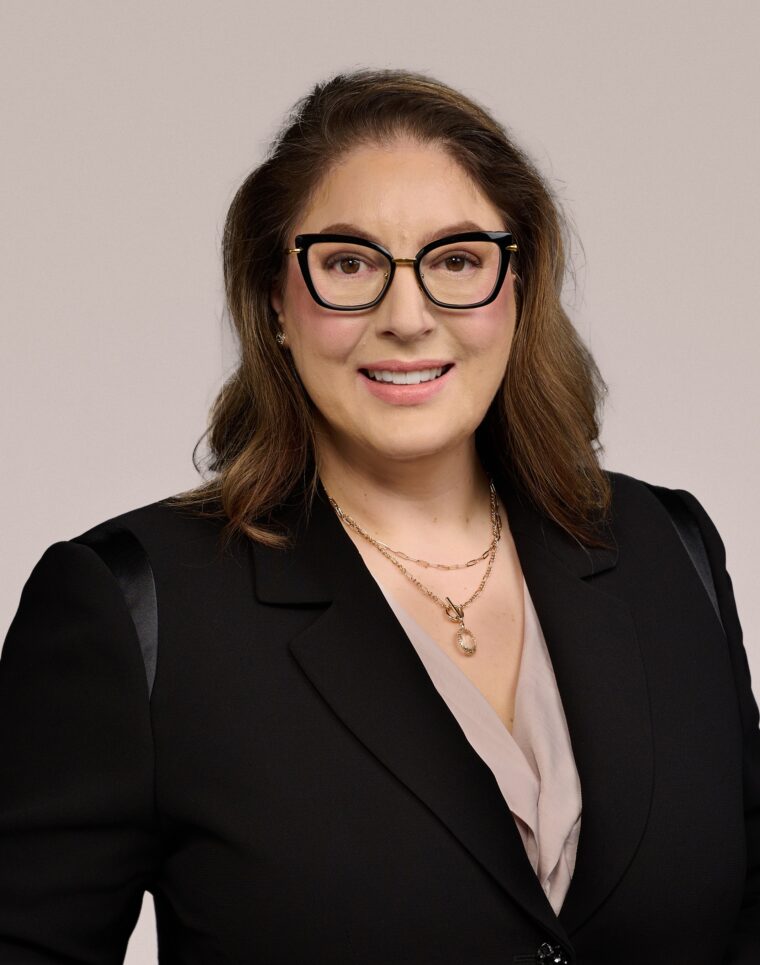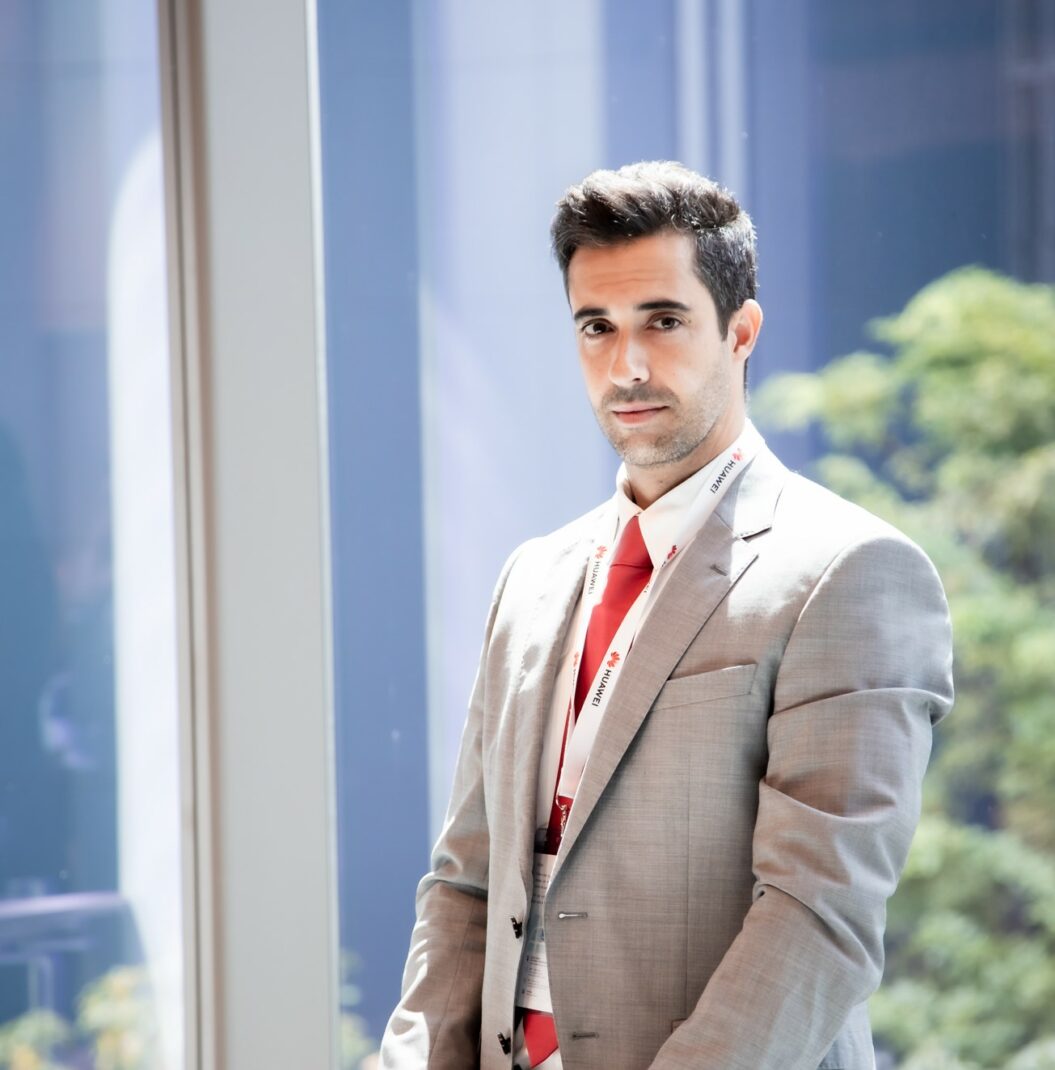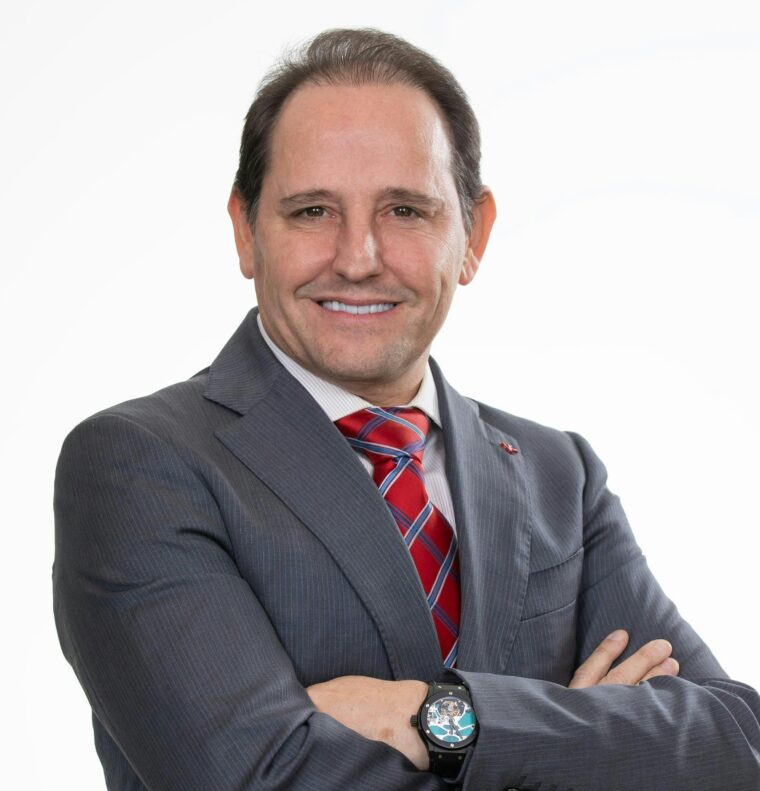Portuguese people who are making a name for themselves abroad are helping to find out where business opportunities are and what kind of companies and activities the country can attract. An initiative that brings together Negócios and the Portuguese Diaspora Council.
1- What led you to leave Portugal?
From the beginning of my Business Organisation and Management course at ISCTE in 2003, I grew a desire to study and work in different countries and with people from different cultures and backgrounds. In 2005, I had the opportunity to study at the Vrije Universiteit Amsterdam (Erasmus programme) and, from 2010, I started working only outside Portugal, when I joined Greenwich Consulting (which later became EY Parthenon), a strategy consulting company based in Paris.
From then on, as a Strategy and Management Consultant or as a Senior Manager, I worked and/or lived in more than 20 countries and on 4 continents. From an early age I felt fulfilled and happy, solving new problems, in new places and with new people, which led me to always live in this breakneck dynamic. For a few years, I spent more time on a plane than on holiday. Since 2016 I’ve been living in the Middle East, first in the United Arab Emirates and more recently in Saudi Arabia.
The low international profile of Portuguese companies and the lack of multiculturalism among their staff have led me to pursue my goals abroad.
2- What advantages or disadvantages did being Portuguese bring you?
Being Portuguese has been an advantage in the more than 4 years I’ve worked and lived in Angola, because we are culturally very close, we have the same language and many of the problems are similar.
However, the greatest advantage I’ve had is undoubtedly the fact that I’m a European Citizen, that I have values and an education from the European continent. Being a European citizen (mainly from Western European countries) is a great professional and personal advantage when dealing with companies and people of different nationalities all over the world. There is a great welcome and admiration in the world for Europe and what it represents.
3- What obstacles did you have to overcome and how did you do it?
On a personal level, it’s hard being away from my family and closest friends for so long. I’ve been abroad for more than 15 years and although we’re getting closer digitally, the physical distance is increasingly difficult. I feel like I’ve missed out on a lot of important moments with family and close friends.
On a professional level, working in more than 20 countries and with people who are culturally and professionally different has often been a complicated challenge, but at the same time one of the factors that motivates and excites me the most. The level of demand in the various Strategic and Management Consultancy and Multinational Telecommunications companies I’ve worked for is very high, as is the internal competition to achieve the desired career progression. It is essential to have a huge focus on the quality and speed of the work to be done, as well as on the effort and commitment shown. The meritocracy culture is fair and tough at the same time.
4- What do you admire most about the country you’re in?
Saudi Arabia is currently the most interesting country in the world to be in. Of course, not everything is perfect, but the country’s changes and ambition are impressive – providing countless professional opportunities for people with ambition, courage and high qualifications.
Saudi Arabia has a long-term vision for the future development of the country and its citizens and residents. This long-term vision, which involves all strategic private and public sectors, is translated into specific projects and actions, which have an immediate visible impact (in many cases).
It’s phenomenal to be able to observe and contribute to this profound transformation that this country is undergoing, at a cultural, structural and professional level.
This ambition and transformation is only possible with a strategic, long-term vision for the country and with the contribution of highly qualified professionals from all over the world. There is currently a lot of top talent in various fields working in Saudi Arabia, which allows me to meet new people and develop new knowledge with the best professionals in the world.
5- What do you admire most about the company or organisation you work for?
I started working at Zain in 2018 as a consultant (for Oliver Wyman) for 2 years. At the end of 2020 (during the pandemic), I decided to accept the invitation from the company’s CEO for the position of Chief Marketing Officer. I am currently Chief Commercial Officer as I have accumulated responsibility for all the company’s sales and communication channels.
Zain is a telecoms company with great ambition, just like Saudi Arabia. The company began operations in 2008, but it wasn’t until 2018 that we achieved a positive net profit for the first time. Since then, we’ve grown the top line every year and maintained positive net results. In 2023, we’ll have around 2.6 billion USD in revenue, the highest in the company’s history. I’ve been working at Zain for 6 years and I love being able to lead the digital and professional transformation of this company and contribute to the country’s technological development.
6- What recommendations would you give to Portugal and its entrepreneurs and managers?
Mainly three things: Long-term vision, strong leadership and courage.
Politically and economically, we always look for the quickest and shortest-term path, without often seeking a sustainable and long-term impact. This is often seen in political decisions that change the country’s course according to political ideology, to the detriment of what has the best impact on the economy and people’s lives.
There is still much room for improvement in the leadership of companies and the country, namely in strategic decision-making, not falling into the temptation of choosing paths that easily please people, rather than the path that will have the best impact. We need to be factual, knowledgeable and confident when making decisions.
Finally, Portuguese politicians and businesspeople need to have the courage to accept that their scope of action (market) is much larger than the less than 100,000 square kilometres of land we have. Globalisation, which was already a reality 30 years ago, will continue to increase and we need to accept that it’s not the country’s fault that it’s small, it’s the fact that we don’t have the courage to look at the world as our market. Global digitalisation is making this process even easier, so let’s get out of our comfort zone and be ‘conquerors’ again!
7- In which sectors of the country where you live could Portuguese companies find clients?
Saudi Arabia’s great advantage is the long-term vision it presented to the world years ago, clearly explaining the sectors in which it will invest (billions of euros) to boost its economy and create better living conditions for the country’s residents.
Some examples of the sectors that are most visibly developing in the country are tourism, construction, entertainment and sport, innovation and new technologies, as well as energy, which is the basis of the country’s wealth. There are already a number of highly qualified Portuguese professionals in positions of great management responsibility in the sectors I’ve mentioned. But there are still countless opportunities for Portuguese entrepreneurs and companies with the courage to internationalise and invest in Saudi Arabia, just as the world is already doing.
8- In which sectors in Portugal might companies from the country where you live want to invest?
In addition to Saudi Arabia opening its doors to the world, Saudi businessmen themselves are also looking to diversify their investments in economies where they have traditionally been more present, such as the Middle East, England, France or the USA. This could be a unique opportunity for Portugal to capture some of this investment, mainly from the Saudi Arabian Sovereign Fund (PIF – Public Investment Fund) or from large Saudi companies linked to Telecommunications, Energy, Construction, Real Estate, among others.
9- What is the competitive advantage of the country you live in that could be replicated in Portugal?
The great competitive advantage of Saudi Arabia that could be replicated in Portugal is definitely the creation of a long-term strategy (8 to 12 years) for economic development and quality of life for the inhabitants of Portugal. It is necessary to set aside political ideology and build a common long-term strategic vision for the country, focussed on sectors that can effectively bring economic growth and social stability.
10- Are you thinking of returning to Portugal? Why do you think so?
I’ve been living and working outside Portugal for almost 15 years now, but my heart is always in the country, especially for the friends and family who are there. I’m sure I’ll return one day, but for now my plan is to continue contributing and making a difference to the development of Saudi Arabia and the Middle East region. My family and I are very happy living between Dubai and Riyadh and for now our future is here.







